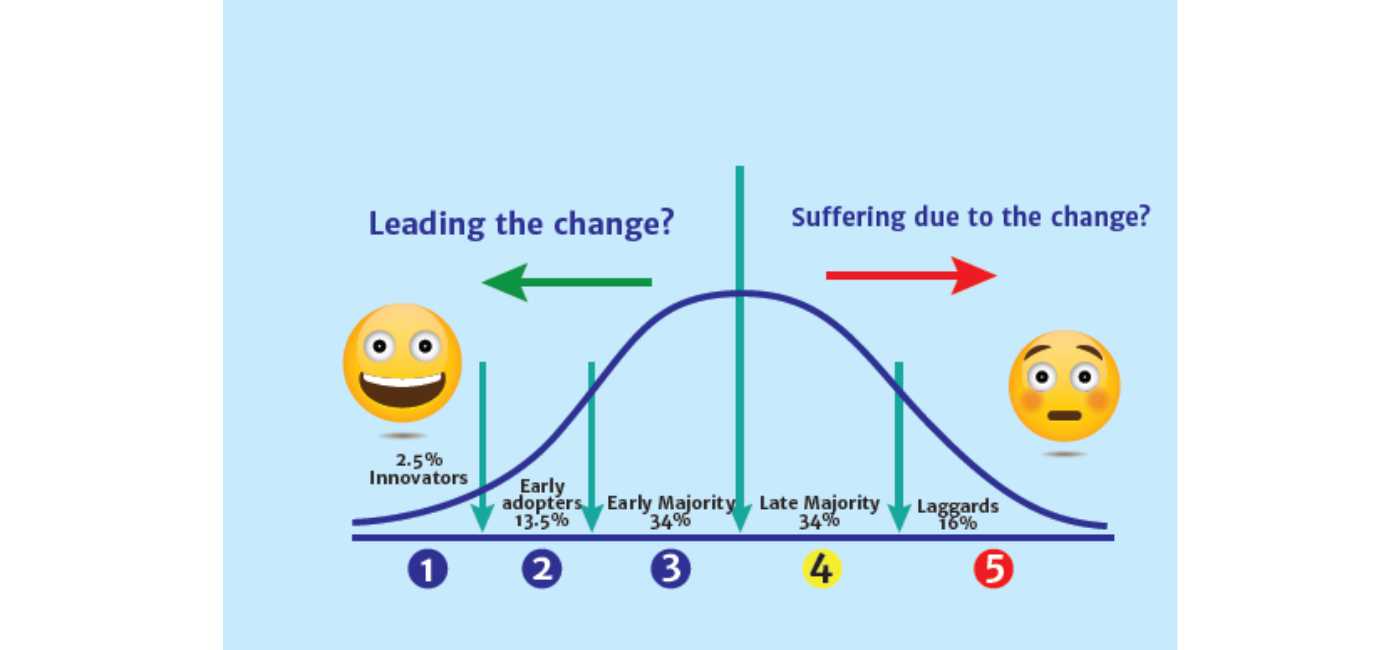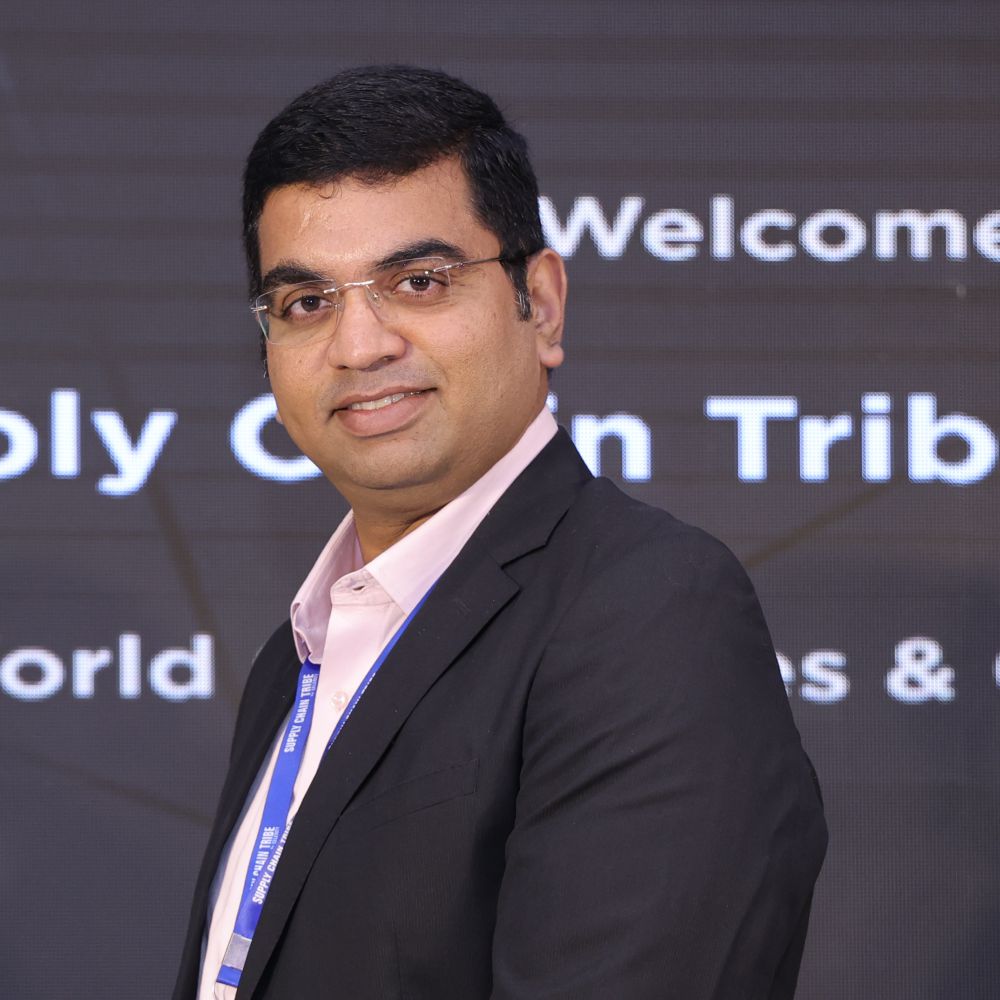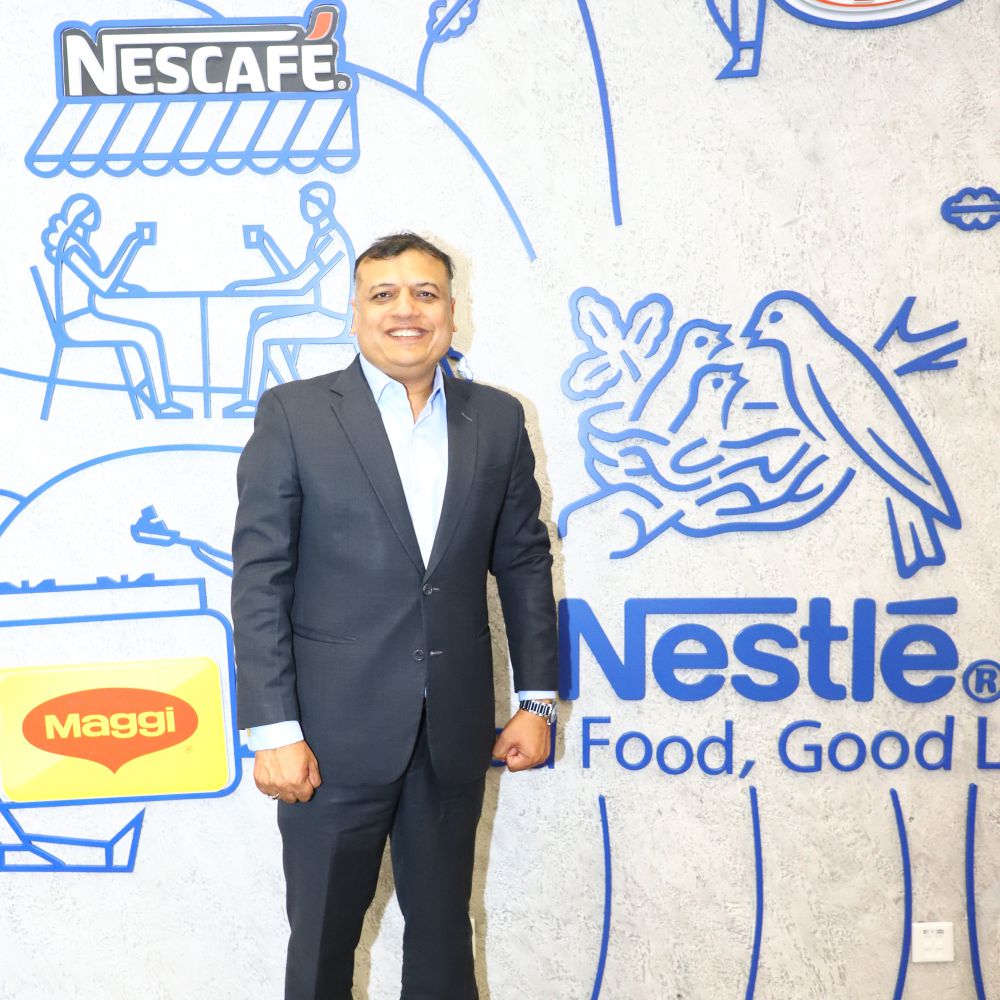“Most of the times, you don’t need to lead the owners in your team, you just need to facilitate, keep a safe distance and provide them neutral view from a distance off the field that they may not be able to see in the field. Sometimes it’s also not a bad idea to follow young owners in your team if they have right expertise,” believes Anil Tomar, Director – Operations, Danone India. This interview reflects upon Ownership and Expertise as the driving factors for success. Excerpts…
How do you view supply chain in VUCA world? How can companies deal in such trying times.
This complex and fast changing environment brings new challenges to supply chain teams every day and to survive in this VUCA environment, supply chain teams need to be creative and proactive at the same time. Investing in people, processes as well as technology in a rightly manner could be used as a prime key to success by supply chain organizations.
In VUCA world, strategic forecast accuracy is extremely important to strike the right balance of capacity/capability and cost. In supply chain, especially manufacturing, it takes time to build capacity/capability and it comes at very high cost. If forecast is less than demand, we lose business opportunity and market share but if forecast is more than demand, we have idle capacity/capability and hence higher absorption cost and lesser money to invest in business to grow. Use of advance digital tools and analytics can help supply chain teams to make better strategic decisions.
To be successful in VUCA environment, companies can adopt bimodal supply chain management; the practice of managing two separate but coherent styles of work: one focused on predictability; the other on exploration. One helps you build reliability in present and the other helps you get competitive advantage.
Kindly elaborate on 3Ps to drive organizational growth.
The 3Ps; People, Process and Productivity are very important for the organizational growth. But with this, there should be a 4th element to make it complete. I would like to rechristen it as 3PR; People, Process, Productivity & Reliability and I believe that this combination is what is required to make an exceptional organization and supply chain. Exceptionally talented people build strong and efficient Processes, strong Processes lead to Productivity and Reliability. People and Process are the investments; Productivity and Reliability is the result but it all starts with the People.
You have emphasized a lot on ownership & expertise at so many conferences. Can you please help us understand more about it?
To me, operations excellence is consistently delivering high performance and sustainable results, challenging the status quo, raising the bar within organization and across industry. In an organization’s journey to operational excellence, strong supply chains can be a competitive advantage.
Ownership & Expertise; I discovered these two magical words couple of years back and since then, these two words have dominated my thoughts, both in professional and personal life. Success or failure, almost in every situation, I could relate to ‘presence’ or ‘absence’ of Ownership & Expertise.
The more I demonstrated Ownership for job, situation or people, the more success I achieved and whenever I didn't, it led to failures. And then I owned these failures and it turned out to be stepping stones for greater successes. If I took ownership of something, I ensured either I had the required expertise, or I brought it from internal or external sources.
If we as leaders could make correct assessments and guide our teams to right experts at the right time, many heartbreaks can be averted. I think, if senior leaders have absolute sense of ownership of success for the project and the people leading it, they will not take chance by advising in the areas where they lack expertise but would rather encourage teams to either build expertise or seek/hire right experts.
How can companies build on Ownership and Expertise?
I would like to quote from an article by Joel Basgall. He says ownership isn’t assigned or given. Ownership is taken. I can’t appoint ownership. It happens when an employee comes forward and says, “I’m going to make this happen. Here’s what I will do. Here’s what I will accomplish. And here’s how I will measure progress.” Ownership means saying, “You will” is unnecessary because the employee has already said, “I will.” Owners within organization can also be identified with “No excuse mentality”, “100% result orientation”, very high degree of proactiveness and they mostly focus on “circle of influence” and not “circle of concern”.
Most of the times, we don’t need to lead the owners in our teams, we just need to facilitate, keep a safe distance and provide them neutral view from a distance off the field that they may not be able to see in the field. Sometimes it’s also not a bad idea to follow young owners in your team if they have right expertise. Worst thing you can do with owners is spoon-feeding them, overprotecting them or micromanage them and not letting them experiment, learn from failures and build their own success stories. If hiring new people for your team, look out for people with ownership mindset.
What are the disruptive technologies that are shaping the future of supply chain?
Technology disruption is everywhere and it’s happening faster than ever. Some companies are leading this change, some getting benefited through early adoption and majority of them are confused about the development and use of technology. This confusion, many times, lead to decision paralysis related to critical technology and sometimes it leads to extinction of companies.
There is a sudden increase in the innovations related to robotics, sensors and predictive analytics. While all this is happening around us, each company must fight its own battle related to development and adoption of technology. Decision making is not easy, but consequences are serious.
Study and inspiration from theory of law of diffusion of innovation can help. When it comes to technology evolution, customer is always happy. However, this may not be true for all the companies especially if customer is happy about the technologically advance product by their competitor. Companies or individuals on the left-hand side are the one that are either leading a change or enjoying the benefits of technological advancement and companies or individuals on the right-hand side are always the one which are not able to catch up and hence suffering.
Companies that are technology providers do not have a choice but to be always in first 2.5%. Others need to be early adopters, early majority and in exceptional circumstances late adopters. Whether to be in II, III or IV box, it all depends on ROI. ROI has to be seen in much broader terms and not just short term. One needs to be creative and forward looking while applying ROI concept in terms of technology investment and need to have right level of Ownership & Expertise.
What have been the most challenging days in your life?
I can recall two most challenging phases in my professional life. One when I was empowered to do what I loved the most even if I didn’t have expertise. It was my first leadership role. Initially I was cautious but then I didn’t realize when confidence grew up into overconfidence. I kept experimenting and kept getting success until we reached a point when I wanted to change almost everything overnight without expertise and I failed miserably. Good or bad part, organization still trusted me and asked me to continue and that meant I had to work day and night to clear the mess. But the remaining period in that role after this tough phase was one of the most beautiful phase of my professional career and leadership journey as I learnt to balance Productivity with Reliability and learnt the value of expertise hard way.
Second most challenging phase was when I decided to do something that I was not really sure but gave me big money and almost everyone around me was in the same boat. There was a massive support group of very senior and experienced people. They were all nice and intelligent but none of them had specific expertise in the areas that we were working on. Worst part, I let my seniors take ownership of choosing and providing the experts and they relied on their seniors and finally the whole Ownership concept was diluted but it all started with me. We continued to deprive for specific technical guidance until suddenly by chance an expert from comparatively lower rank appeared and changed everything for good overnight. This was my big insight for ‘Ownership & Expertise’.
What would be the message that you would like to convey new age supply chain professionals as well as the young talent that’s waiting to be a part of this growing tribe?
I would suggest young professionals to consider building career in supply chain only if they are passionate about supply chain. Please don’t chose supply chain only because it helps you get a job. In order to find your area of passion, if you want to try different aspect of supply chain, please go ahead but make sure you make your choices faster and even if you are experimenting make sure you apply your unique strengths and passions into your job and deliver RoI for employer.
If you find your passion in supply Leading the change? Suffering due to the change? 1 2 3 4 5 2.5% Innovators Early adopters 13.5% Early Majority 34% Late Majority 34% Laggards 16% chain, work like owners from day one. Please note that you have a big ownership of driving exploration part of bimodal supply chain strategy. Consider it like your own startup, make sure you work harder than anyone else; during day time to learn the tricks of the trade from your experienced colleagues and during night exploring what’s new is being done elsewhere and what new big thing is coming soon. As young professional, you have the best eyes to pick up non-value adding activities and to suggest what needs to be changed. As young professional, if you are not able to work as owners and not able to play critical role in positive change in your organization, think: either you are not passionate about the job you do and your love for work is elsewhere or you have still not worked on your guts to challenge the status quo and stand alone in the fight for positive change. In both the cases, make a bold choice sooner the better.

Categories

Magazine Editions























